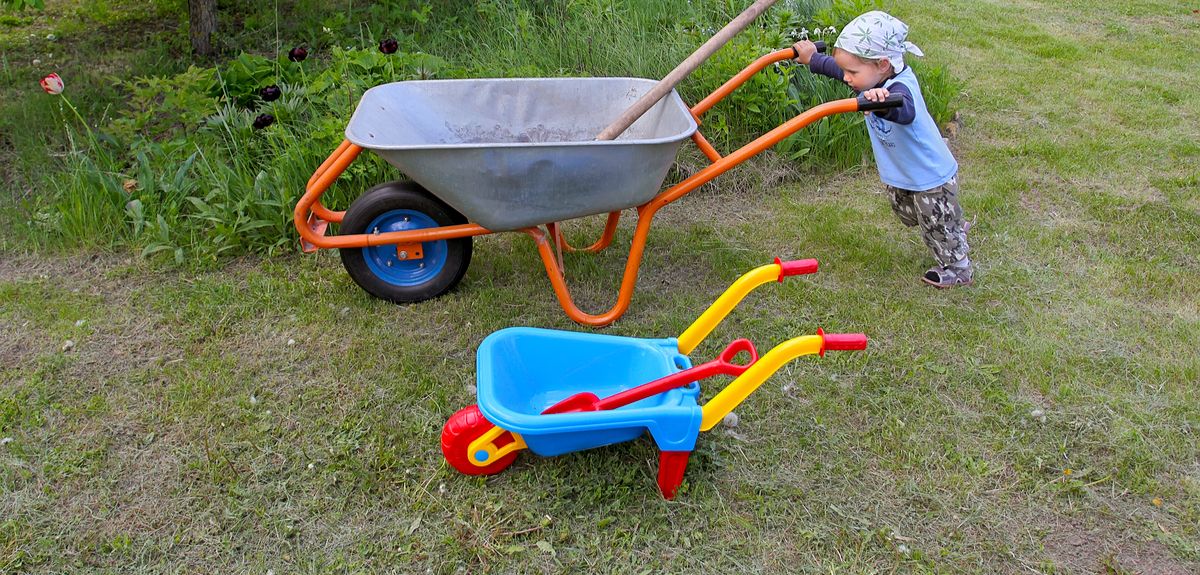
Image credit: zatvornik via Shutterstock
Research finds how the brain decides between effort and reward
How do we decide if something is worth the effort? A team of researchers from Oxford University and UCL have been finding out.
Every action we take involves a cost to us in physical energy, yet studies about decision-making have tended to look at how we weight up external costs like risks or time. However, being unwilling to exert effort is a symptom for a range of mental disorders, so understanding how the brain processes decisions about effort versus reward could provide insights into these conditions.
In a study supported by the Wellcome Trust and European Research Council, the research team therefore decided to see if there was a distinct brain system involved in weighing up physical costs.
Researcher Dr Miriam Klein-Flügge said: 'We asked volunteers to make choices involving different levels of monetary reward and physical effort, while they were placed in a MRI scanner.
'We found that the decisions they made were influenced by both reward size and effort required, with – unsurprisingly – higher reward, lower effort options being particularly favoured. We then looked for particular brain regions involved in the decision-making.'
The team found a relevant pattern of activity in three areas of the brain, the supplementary motor area (SMA), dorsal anterior cingulate cortex (dACC) and putamen. Further analysis showed that assessment of effort was centred on the SMA and putamen, with a separate network in the ventromedial prefrontal cortex assessing reward.
The dACC encoded the difference between effort and reward as a single value, likely drawing together the results of the two separate neural circuits, and activity in this area was linked with the degree to which each volunteer’s choices were driven by the overall value.
Dr Miriam Klein-Flügge said: 'This research fits with and adds to findings from other studies. There is not one single decision-making system in the brain but a set of them that are combined flexibly depending on the decision we are faced with. We have identified the system related to effort, a common factor in many decisions.
'It offers an insight for research into a number of disorders including depression, apathy and negative symptom schizophrenia. Patients with these disorders often show a reduced ability to do something effortful to obtain a reward. Our volunteers were different in their sensitivity to effort, and showed different levels of neural activity, suggesting that people can have different balances between their reward and effort systems.
'While further research is needed, it may be that some disorders involve a particularly acute imbalance between these different decision systems.'
Dr Raliza Stoyanova, in the Neuroscience and Mental Health team at Wellcome, said: 'There are many situations that require us to weigh up effort and reward, for instance deciding whether the extra long walk to get our favourite type of sandwich is worth more than a shorter walk for a less favoured sandwich.
'Although we know a lot about how the brain reacts to rewards of different sizes, the current study is the first to shed light on a brain region that is involved in comparing the size of a reward and the physical effort required to get it. Given that a range of psychiatric conditions involve difficulties in reaching rewards when they require effort, these results open up a number of avenues for future research to test more precisely if, and how, the reward/effort balance may go awry.'
The paper, Neural Signatures of value comparison in human cingulate cortex during decisions requiring an effort-reward trade-off, is published in the Journal of Neuroscience.
 Expert Comment: Church-to-mosque conversions grab headlines, but is funding the real crisis?
Expert Comment: Church-to-mosque conversions grab headlines, but is funding the real crisis?
 Expert Comment: Four years of full-scale war and Ukrainian resistance continues
Expert Comment: Four years of full-scale war and Ukrainian resistance continues
 Oxford and Liverpool join forces to tackle global challenges
Oxford and Liverpool join forces to tackle global challenges